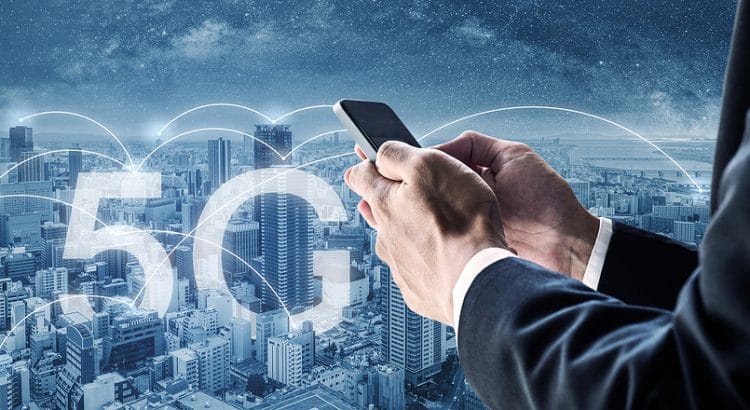Earlier this week, Opensignal released a report on the performance of 5G networks in the United States. Opensignal’s report puts some numbers and data behind two things that were already clear:
- T-Mobile is destroying the competition in terms of 5G coverage, but T-Mobile’s 5G isn’t very fast
- Verizon’s 5G is outrageously fast, but the coverage profile is terrible.
Opensignal primarily collects its performance data by crowdsourcing data from tests that run in the background on regular people’s phones. It looks like the company restricted the data underlying this report to include tests run from 5G-compatible phones.
Speeds
Verizon destroyed the competition with an average 5G download speed of 495Mbps. The other major networks in the U.S. had 5G download speeds averaging around 50Mbps. Verizon’s dominance in download speeds is due to the company’s focus on rolling out millimeter wave 5G.
Coverage
Unlike Verizon, T-Mobile has focused on deploying sub-6 5G. This type of 5G is great for covering large areas, but less impressive for delivering high speeds. Unsurprisingly, T-Mobile dominated in terms of 5G availability. According to Opensignal’s data, T-Mobile subscribers were able to access 5G 22.5% of the time. Verizon did about fifty times worse with an availability score of 0.4%.
While 0.4% is low, it’s still a better availability score than I would have predicted for Verizon. I wonder if Opensignal’s crowdsourcing approach might lend Verizon’s availability scores a leg up. If living near a Verizon 5G deployment makes a Verizon customer more likely to purchase a 5G phone, selection bias can creep in and cause Opensignal to overestimate Verizon’s actual 5G availability.
Silly press releases
Following Opensignal’s release of its report, T-Mobile published a press release. The company bragged about the network’s excellent 5G coverage without mentioning that the network got demolished in the download speed results.
Verizon published its own press release bragging about ludicrous download speeds. Verizon’s awful 5G availability score was not mentioned.
Download Speed Experience – 5G Users
Opensignal’s report included a metric called Download Speed Experience – 5G Users. The results for this metric were calculated by looking at users with 5G-compatible phones and tracking their average download speed even at times where they did not have 5G connections. In some sense, this single metric does some accounting for both 5G speeds and 5G availability.
Verizon and AT&T tied for the top spot:

The metric is interesting, but I don’t think it quite captures how users will feel about the quality of their download speed experiences. The marginal value of a 10Mbps boost in download speeds that moves a subscriber from 5Mbps to 15Mbps is much greater than the marginal value of a 10Mbps boost that moves a subscriber from 500Mbps to 510Mbps. Collapsing a distribution of download speeds into a single, average download speed masks this reality.

